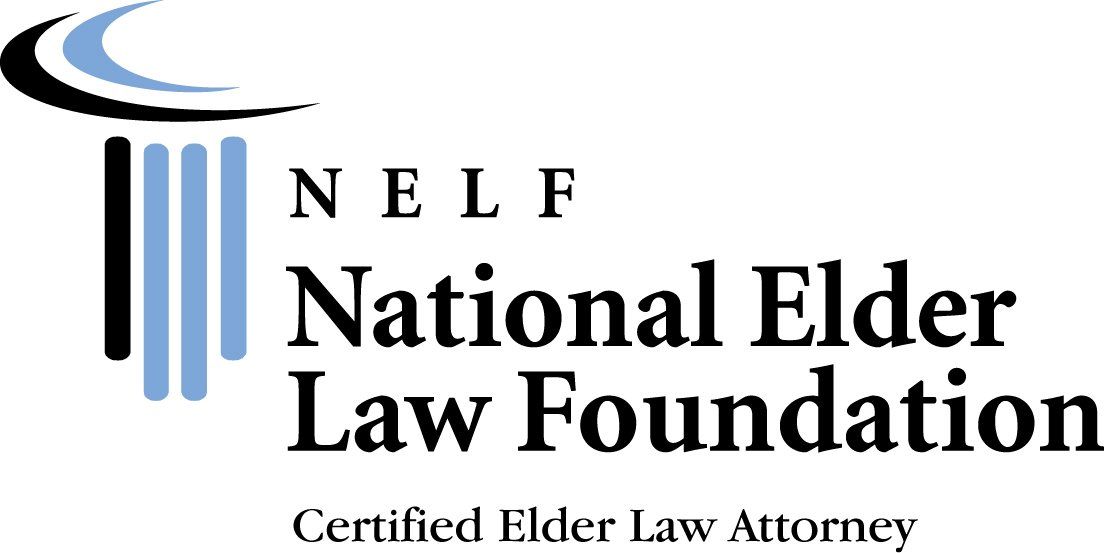Compassionate Special Needs Planning
Create Careful Protections for Those Who Need Them Most
If you care for someone who is chronically or severely disabled, a special needs trust is a critical legal tool for ensuring the long-term protection of that person. For experienced legal assistance in creating this protective legal structure, choose Daniel Jurkovic, Certified Elder Law Attorney. To make your appointment, contact us online
or call 201-460-9888.
Special Needs Trusts
A special needs trust is a trust created for a chronically and severely disabled beneficiary. It supplements government benefits such as Medicaid, rather than diminishing such benefits. Medicaid and other government benefit programs consider the resources and income of an individual for purposes of determining eligibility for assistance and the amount of such assistance. With a special needs trust, however, a person such as a family member may establish a trust for a disabled individual without jeopardizing the beneficiary's eligibility for Medicaid and other government benefits. Since 1993, changes in federal and state law now allow disabled individuals under the age of 65 to establish trusts, using their own funds, if certain strictures are followed.
Since 1993, there have been two types of supplemental trusts for disabled persons. The first type is established for a disabled person using the funds of someone other than the disabled person, the disabled person's spouse, or someone legally responsible for the expenses of care for the disabled person. This is referred to here as a "third-party" trust. The second type of supplemental needs trust is the self-settled supplemental needs trust, one funded with assets belonging to the disabled beneficiary of the trust.

Special Needs Estate Planning
Special needs estate planning focuses on the need to provide for the special needs of our loved ones with disabilities when we are no longer there to organize and advocate on their behalf. It is essential that we start planning now for the coordination of the legal, financial, and care components that will provide for the maintenance of the quality of life and dignity of the beneficiary of the plan.
- Planning: It is important to carefully consider all the factors that impact the individual's situation. It is critical to take the time to design a complete plan that takes into account the beneficiary's unique circumstances and that fully explores all the options available to address his/her special needs. This advance planning could include a professional financial assessment, a public benefits profile, a distribution plan, and the exploration of housing options. Planning the future of a child or adult with a disability is an enormous challenge. It requires specialized planning and, where possible, it is wise to incorporate the help of professionals such as financial planners or accountants, public benefits technicians, care coordinators, and attorneys who specialize in this area. It's investing in drawing up the plans for the house before we start building. Remember the old adage — pay a little now (prevention) or pay a lot later (cure).
- Drafting: Finding a competent attorney to put together the right documents. This can be difficult, as many are entering the field, but are not familiar with trust law and public benefit or disability issues.
- Funding: A great plan without funding available provides no benefit. It is important to determine future financial needs in coordination with current resources. Initiating the right strategies now can help the trust accumulate and preserve funds over the beneficiary’s lifetime.
- Administration: This is arguably the most critical step of planning, as it constitutes the actual implementation of the plan. The key to successful administration is adhering to an approved distribution plan as set forth in the special needs trust. The distribution plan is critical to getting the right people in place, along with the necessary funds to execute a proper care plan.
Call
201-460-9888
to Speak With Our Friendly Staff and Schedule
Your Appointment.
It's never too soon to plan for your future.
Trust Daniel Jurkovic, Certified Elder Law Attorney for legal counsel with
over 20 years of experience.

